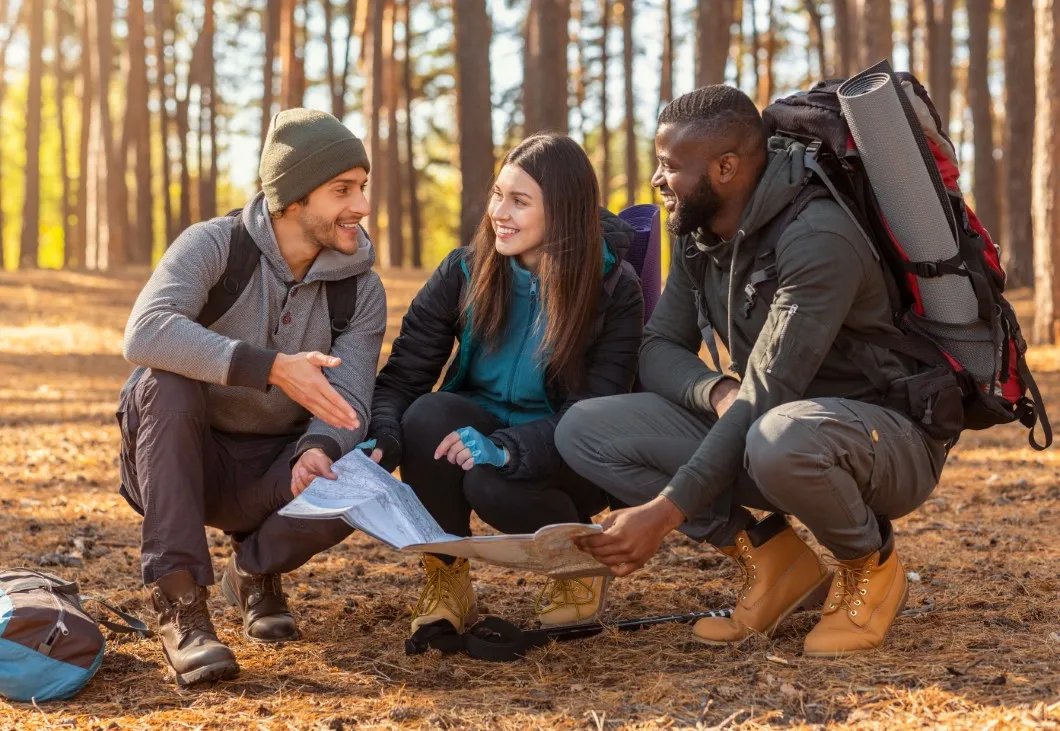
More spontaneous bookings, betting on domestic destinations, choosing accommodations that have implemented the latest technological solutions – Artificial Intelligence (AI) and recognition technologies – or accommodations that allow setting up an office to work remotely, the so-called workations. These are some of the travel trends left by the COVID-19 pandemic that will continue in 2022 in markets such as Germany, the UK and the US, according to an analysis by Statista Q.
According to the analysis, recovery is already on the horizon, with a global turnover which is at 80% of pre-pandemic levels. In this regard, a significant improvement was already noted in 2021, with a 36% increase in revenue growth compared to 2020.
These data show that last year the industry achieved a global turnover of around 260 billion euros, a figure that will reach 353 billion euros in 2022, with a growth rate of 46%, the highest in recent years, while the expected full recovery will not come until 2024.
On the other hand, the coronavirus crisis has had a major impact on traveler behavior over the past two years, and many of the travel trends it has set in motion are expected to continue this year, according to the Global Consumer Survey (GCS), conducted last month in the German, British and U.S. markets. These trends include the following:
Greater Spontaneity When Making Reservations
Since the pandemic began, spontaneity and short notice booking have been key in the tourism industry. Something that will continue this year.
As the study highlights, in 2019 in the German market, the majority of tourists (53%) took more than three months to decide on an international trip, a percentage that will drop to 39% this 2022, 28% of tourists will take one to three months, and 24% will need only less than four weeks to plan their trip.
As a result, compared to the pre-pandemic period, travel cancellation insurance has increased by almost 10%.
This change in model is even more evident in the case of the North American market. If in 2019 a majority of citizens decided on their trip more than three months in advance (43%), now those who do so less than four weeks before departure win by a landslide: 49%.
The same is true for the UK market: compared to a large majority (51%) who in 2019 decided on their trip more than three months in advance, for this year that rate has already dropped to 34%, while 30% and 31% decide between one and three months in advance or less than four weeks.

Domestic Destination Boom Continues
In the wake of the pandemic, there was a boom in domestic tourism, something that is set to continue in 2022.
53% of American tourists traveled to domestic destinations in 2019, that figure will rise to 78% this year, while only 12% will travel within their own continent.
In regards to the UK tourists, 45% spent their vacations in their country in 2019, this year 66% will decide on staycations, according to the survey, which points out that only 47% want to travel on their own continent, compared to 63% who did so in the last year before the pandemic
The same is true for the German market. The German Federal Statistical Office, Destatis, already pointed out how in June 2019 German visitors accounted for 84% of overnight stays, while in June 2020 and 2021 the figure was 94%.
The survey highlights that domestic tourism is more popular than ever: 73% of German travelers are planning a trip around their home country over the next 12 months, a percentage that was at 39% in 2019.
This desire to travel in the country is especially noticeable among young people: this year, more than 38% of travelers under 30 years of age will spend their vacations in Germany, an increase of almost 25%.
In addition, 12% of Germans surveyed mentioned sustainability as a justification for their travel in their own country, while 37% consider vacationing in Germany to be just as exciting as going abroad.
The Importance of Technology
On the other hand, more than half of all travelers surveyed say they are interested in new technologies in their future trips. Thus, 21% of tourists from Germany, the US and the UK want smart home devices in their accommodations.
Travelers are also interested in recognition technology (19% in the German and US cases), virtual reality tours (an important aspect for 20% and 17% of US and UK travelers respectively) and AI-based personalized travel recommendations (relevant for 21% of US tourists).
Workations on the Rise
Workations are one of the travel trends that is here to stay for a while. For many citizens after the pandemic, a new reason to travel has emerged: work, which has put workations into everyone's mouths.
Last summer, Google CEO Sundar Pichai popularized the concept, announcing that each employee was entitled to up to four weeks of workations. Since then, the global volume of searches on the subject has doubled.
"A new type of customer has emerged, with completely new needs and a different behavior than business travelers, which is creating a new market," says the document.










